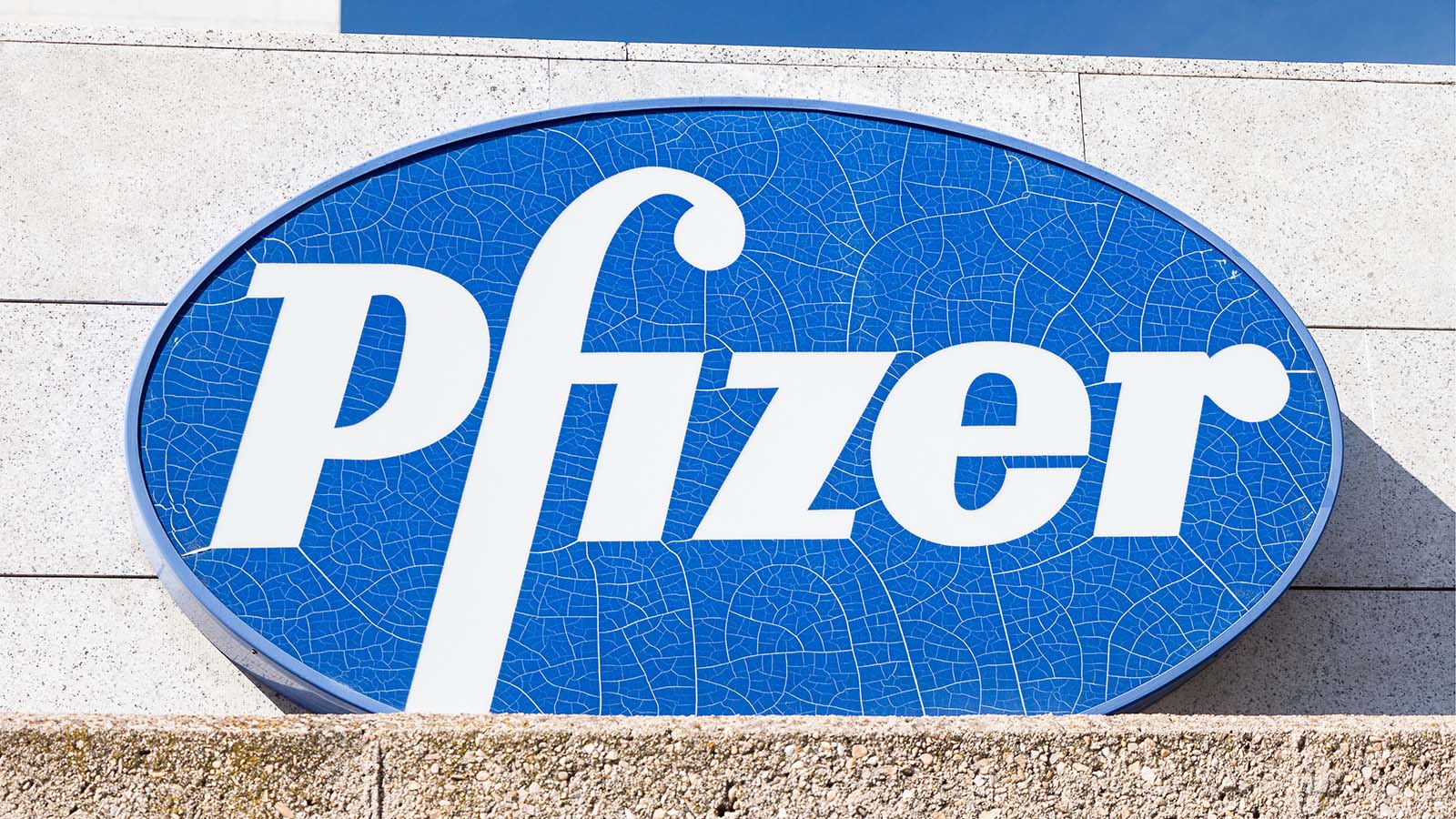Pfizer (NYSE:PFE) stock steadily declined since the start of 2022.
Many investors are staying away, but some may be wondering whether there’s merit in making PFE stock a bottom-fisher’s buy.
Among healthcare stocks, this pharmaceutical giant is seemingly a bargain. Shares currently trade for just 10 times forward earnings. The stock also sports a very high dividend yield of nearly 5%. All of this makes Pfizer seem like a steal on paper.
Still, there’s a good reason why shares have floundered, while comparable pharma names have delivered a more solid performance. A certain growth catalyst for the company, which previously provided a big “boost,” has faded.
Although this “booster” has not disappeared, don’t count on it making a comeback. Worse yet, there’s little in its place to drive similar results. With this in mind, read on, as I argue why this stock is really just a value trap.
PFE Stock: Why Shares Have Sank Like a Stone
As you likely guessed, the “booster” I’m referring to above is the company’s Covid-19 vaccine, Comiranty, which the company co-developed with German-based biotech firm BioNTech (NASDAQ:BNTX).
During the vaccination waves of 2021 and 2022, sales of Comiranty, as well as sales of Paxlovid, Pfizer’s Covid-19 treatment, resulted in record revenue. Total revenue topped $100 billion in 2022. Earnings last year came in at nearly $39 billion, or about four times reported earnings in 2020.
However, even as Covid has become endemic, with new variants still cropping up, much as the pandemic has entered the rearview mirror, so too has Pfizer’s Covid-19 catalyst.
Well ahead of the demand cool down, investors expecting falling Covid-related sales were starting to bail on shares. PFE stock peaked in price at the very end of 2021.
The catalyst itself peaked in 2022, and so far in 2023, it has steadily disappeared, as seen most recently in the sharp year-over-year declines in revenue (down 53%) and earnings (down 77%) reported for the June quarter.
This has kept the sell-off in motion, resulting in this stock sinking like a stone relative to loftier prices hit less than two years ago.
A Growth Resurgence Appears Doubtful
In total, the post-Covid hangover for PFE stock has resulted in a price decline of around 46%. Yet while this price decline corresponds well with the forecasted year-over-year decline in annual earnings for the company, some may believe shares are oversold at current levels.
This is the case, even as it’s clear that there’s not a whole lot of demand for the latest Covid-19 booster shots from Pfizer and other vaccine makers.
Contrarians are well-aware that the vaccine catalyst will keep fading, but are confident that other catalysts will lead to a partial rebound in revenue/profitability.
As I recently discussed, Pfizer has many candidates in its drug pipeline, including a possible competitor to popular weight-loss treatment Ozempic.
Still, while it remains to be seen how many of these candidates make it to market, much less become blockbuster drugs, take a look at analyst forecasts, and it’s clear that there’s little confidence in a growth resurgence.
Anticipating earnings to drop from $5.47 per share in 2022, to $3.29 per share this year, sell-side consensus calls for low single-digit earnings growth, with the low end of estimates calling for further declines in profitability.
The Verdict
Pfizer may trade at a substantial discount to other big pharma stocks, but barring an unforeseen mega-blockbuster drug in the making coming out of its pipeline, don’t expect shares to bridge this valuation gap anytime soon.
In fact, if the company experiences expected low levels of growth, or worse, further declines in its financial performance, a fall to an even lower forward multiple may be in the cards.
These additional declines could outweigh the steady returns from PFE’s quarterly dividend payouts.
Hence, far from being a deep value play, this is instead a value trap, or a cheap stock likely to stay cheap due to continued lackluster fundamentals. That’s not to say there’s heavy downside risk here.
However, as there are better opportunities elsewhere for both dividend and value investors, consider it best to avoid PFE stock.
PFE stock earns an F rating in Portfolio Grader.
On the date of publication, neither Louis Navellier nor the InvestorPlace Research Staff member primarily responsible for this article held (either directly or indirectly) any positions in the securities mentioned in this article.
